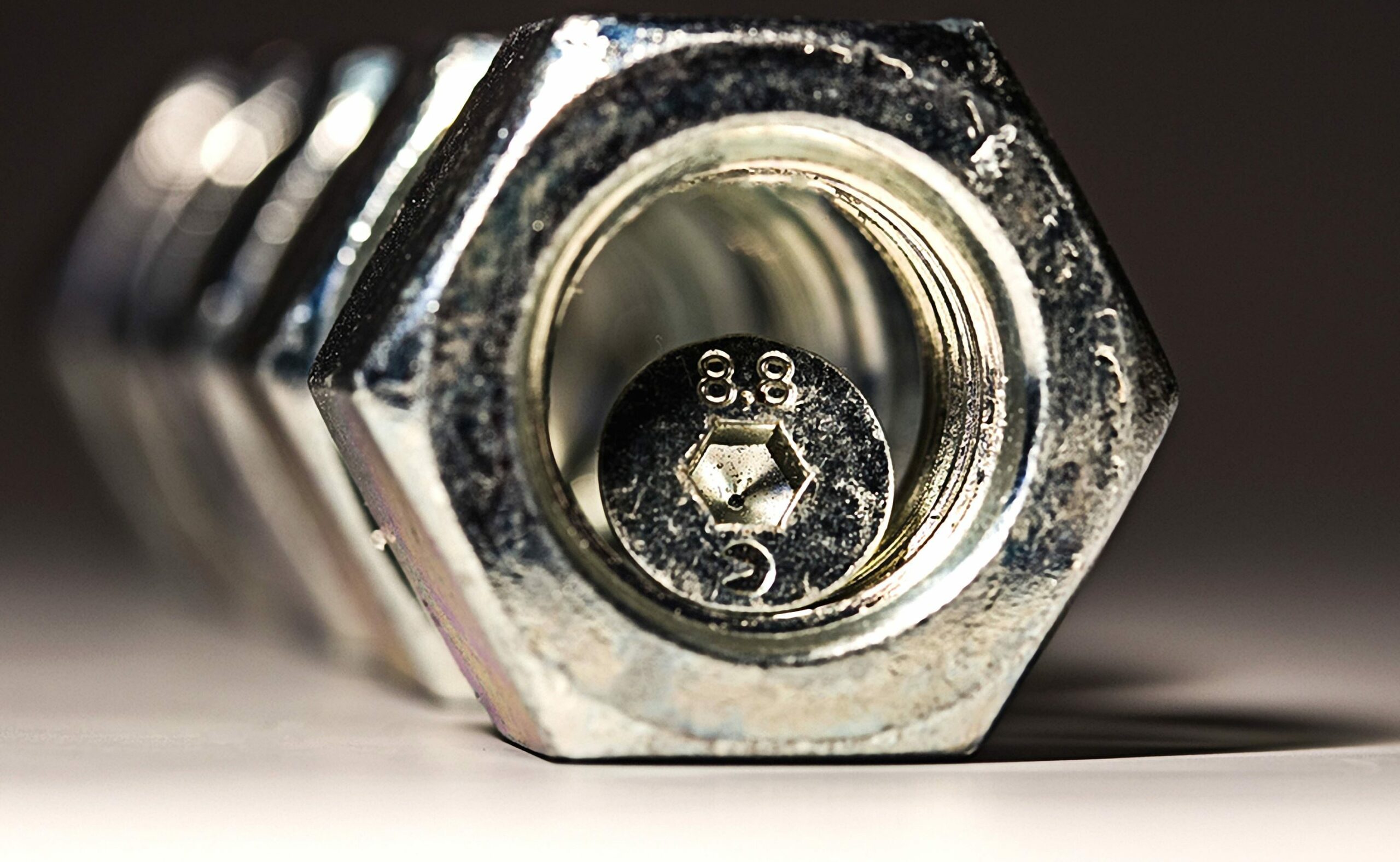Who is protesting (and why) against the EU rules on steel and more

The association of European steel producers fears important repercussions on the sector if the latest emission rules are not canceled. The in-depth analysis by Sergio Giraldo
While the European Union struggles in the quagmire of sanctions against Russia on oil and gas, a dangerous home front on steel is opening up for Brussels.
In an open letter addressed to the European Parliament and the member states, the European Steel Association – Eurofer (the association that brings together the steel producers of the European Union) has in fact foreseen irreparable damage to the European steel sector in the event that the latest resolutions of the environment commission of the EU Parliament are not annulled by the plenary assembly on 6-9 June next.
The decision of the Parliamentary Environment Committee in Brussels of 17 May concerns two fundamental points of the ETS system, namely the trading of CO2 emissions quotas. The first point is the gradual elimination of the free allocation of quotas starting from 2026 to arrive at 2030 with the complete elimination of the gratuity, bringing forward by five years the deadline previously set by the Commission.
The second point is the beginning of the Carbon Border Adjustment Mechanism (CBAM) as early as January 1, 2023, with a transitional period until the end of 2024, also extending it to indirect emissions, i.e. the resulting emissions. from the electricity used by the producers.
The CBAM mechanism devised by the EU should serve to prevent the risk of carbon leakage, or the shifting of production outside the EU to countries with more permissive climate policies, by applying a tariff based on emissions to imported goods.
In the letter (signed among others by the Italians Mario Caldonazzo di Arvedi, Giuseppe Pasini of the Feralpi Group, Alessandro Banzato of Acciaierie Venete, Michele Della Briotta of Tenaris, Claudio Riva, Antonio Marcegaglia and Giuseppe Lucchini) Eurofer, with alarmed tones, invites the plenary of the European Parliament to annul the vote of the environment committee. According to the association, the new legislation would endanger over 30 billion euros of investments already decided for 60 low-carbon projects that the European steel industry has foreseen, in addition to 45 billion euros in export value and 30,000 jobs. of work. This is because the European ETS system would be particularly expensive for European companies, while non-European competitors would have an advantage by not having to bear comparable costs. Furthermore, the new free allocation rules would be more restrictive and would set a de facto unattainable target within the three years envisaged. This would cause an increase in the cost of emission permits, with a consequent increase in electricity prices.
The European Union therefore seems to contradict itself once again: after having encouraged the steel sector to renew itself and move towards more environmentally friendly production methods with certain deadlines, today it imposes a very questionable acceleration in the ways and in the contents that effectively frustrate the plans and projects of those who had already begun to adapt their production structure.
As for our country, the schizophrenia of the European Union adds to the government's already uncertain line on national steel. The absence of a clear industrial policy on steel is the weak point of a sector which, in addition to being strategic, also has great potential in Italy. Today, 80% of the total Italian production, equal to 24 million tons per year, is with an electric oven, therefore with a high level of decarbonisation. In addition, there are plans to replace natural gas with biomethane, which would further reduce emissions, and in the longer term the use of hydrogen obtained from renewable source electrolysers.
The issue of Acciaierie d'Italia remains thorny. While the environmental plan has been 90% completed, as confirmed by Ispra, the 4 billion investment promised at the time by the state is still missing and the 600 million capital increase will not take place. The governance of the company has also stalled. A few days ago the news of the resignation from the board of directors of Acciaierie d'Italia holding of the director appointed by Invitalia, Professor Carlo Mapelli, one of the leading steel experts in the country. In less than a year, 50% of the board of directors has changed, still chaired by Franco Bernabé.
(Extract from an article published in the newspaper La Verità)
This is a machine translation from Italian language of a post published on Start Magazine at the URL https://www.startmag.it/energia/acciaio-emissioni-unione-europea/ on Wed, 01 Jun 2022 06:31:44 +0000.
